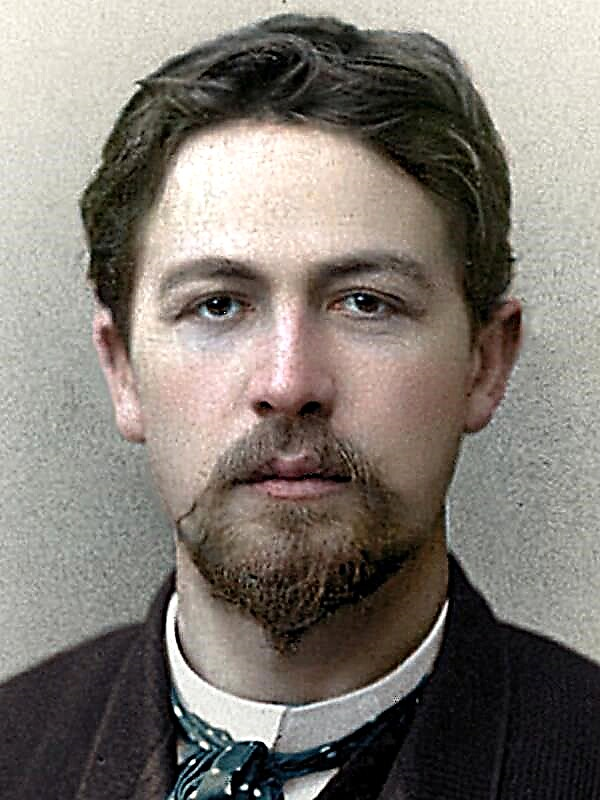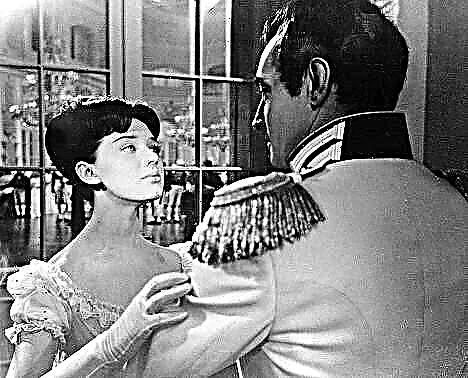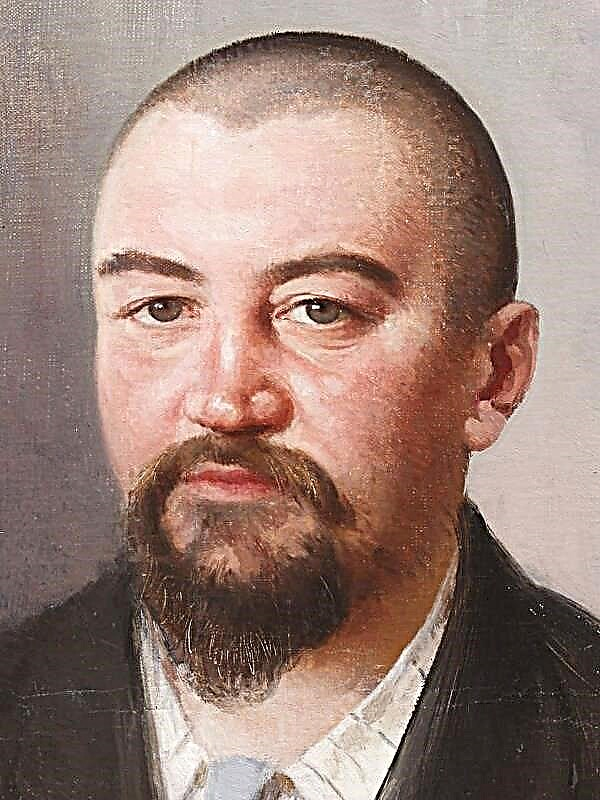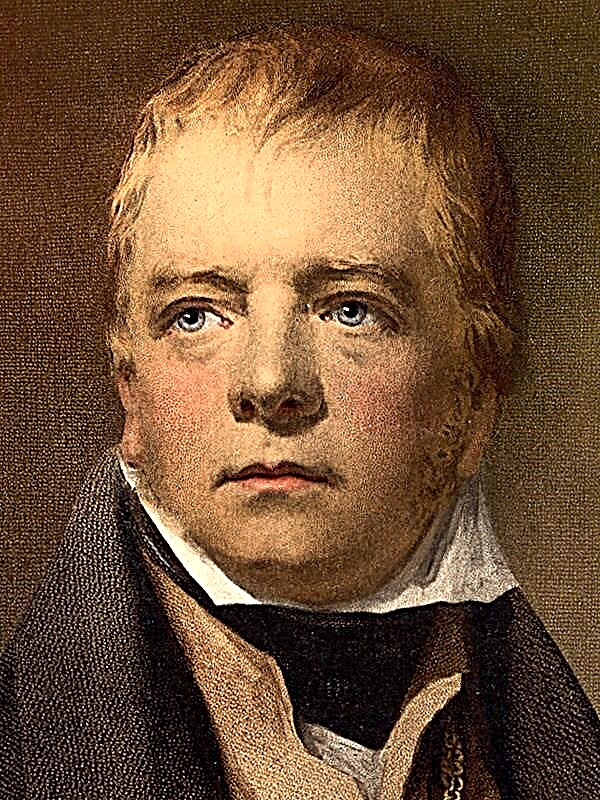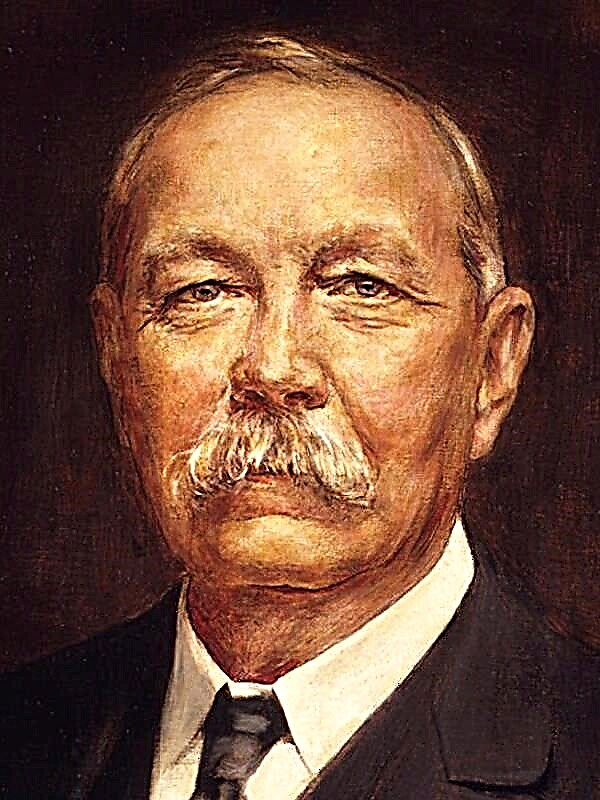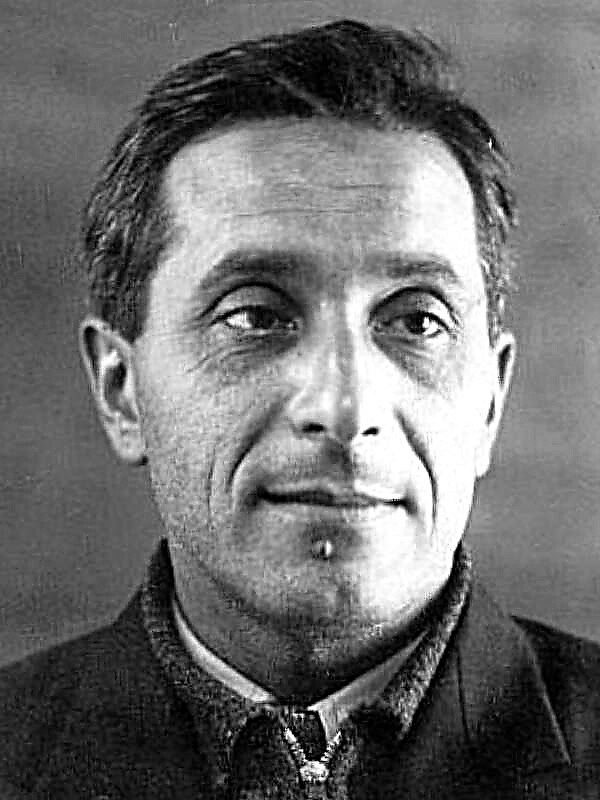“Everyone is responsible to all people for all people.” F.M. Dostoevsky
Man is a social being. For a normal existence, any, even the most asocial introvert, needs other people, since it is possible to develop and move on only in society. Being in society, you need to be able to interact with it. To do this, there are certain vowels and unspoken rules, criteria that we all learn in the growth process and try to comply. The issue of responsibility is one such criterion. I agree with Dostoevsky: we are all interconnected, which means that we are equally responsible for what is happening in the world.
On the one hand, each person lives for himself and should bear responsibility only for himself. However, a complete estrangement from society and from its ideas is fraught with consequences, both for the person himself and for those around him. Eugene Onegin - the hero of the novel of the same name A.S. Pushkin, followed only his desires, neglecting the opinion of the "light" and even moral principles. His egoism negatively affected his surroundings: the death of his best friend, Tatyana’s suffering, a scandal in the Larins’s family in connection with the disappearance of Olga, who lost her groom. Not wanting to bear responsibility, in the end Onegin dooms himself to “heartache”, and Tatyana to serious trials, because she, a married woman, is forced to choose between fidelity and betrayal, love and duty. If Eugene had previously realized his role in the life of people, he would have disposed of himself in a different way, rather than tormenting those who were so dear to him.
Another example of the irresponsibility that led to grief is Semyon Zakharovich Marmeladov, whose life we learn from the novel by F. M. Dostoevsky “Crime and Punishment” - a man who is infinitely kind and loving his family. He regrets Katerina Ivanovna, who, after losing her first spouse, is in extremely distress with three children, and marries her. He admires the stamina of his own eldest daughter, who, not afraid to tarnish her reputation, took up an unworthy job for a young girl only to help her father feed the whole family. But, no matter how strong devotion is, and no matter how sincere respect is, they cannot atone for Marmeladov’s base weaknesses and complete inaction. Knowing full well that he himself is the cause of family distress, Semyon Zakharovich continues, sensitively loving his family, senselessly lamenting and regularly complaining about fate, doing nothing to change their general situation and more often drinking alcohol from his mental illness. His irresponsibility plunges the whole family into shameful poverty.
In conclusion, we can conclude that the great Russian writer was right - a person is responsible to all people for all people. It is impossible to refuse it, otherwise we will lose all those who are dear to us and to whom we are dear.



